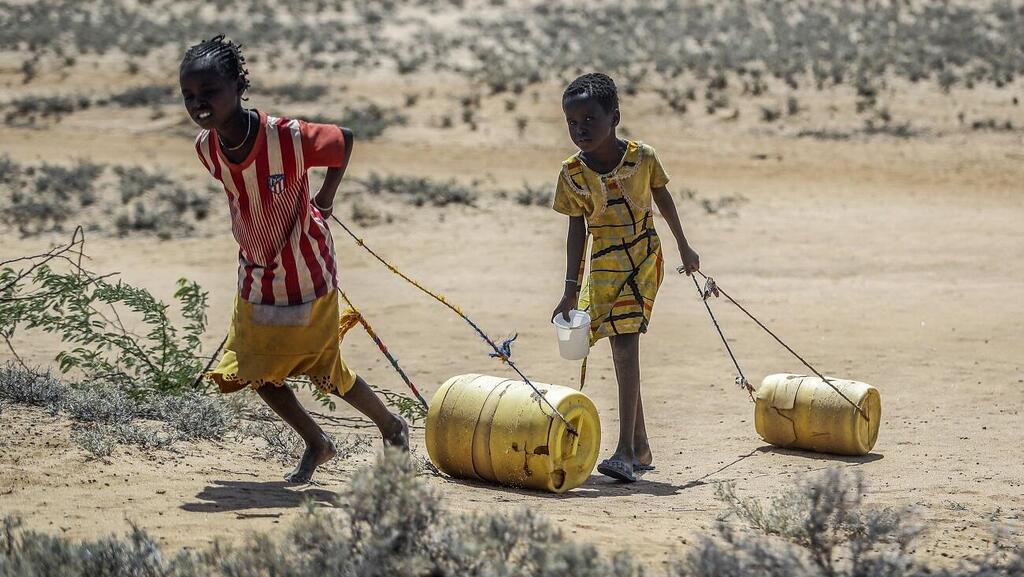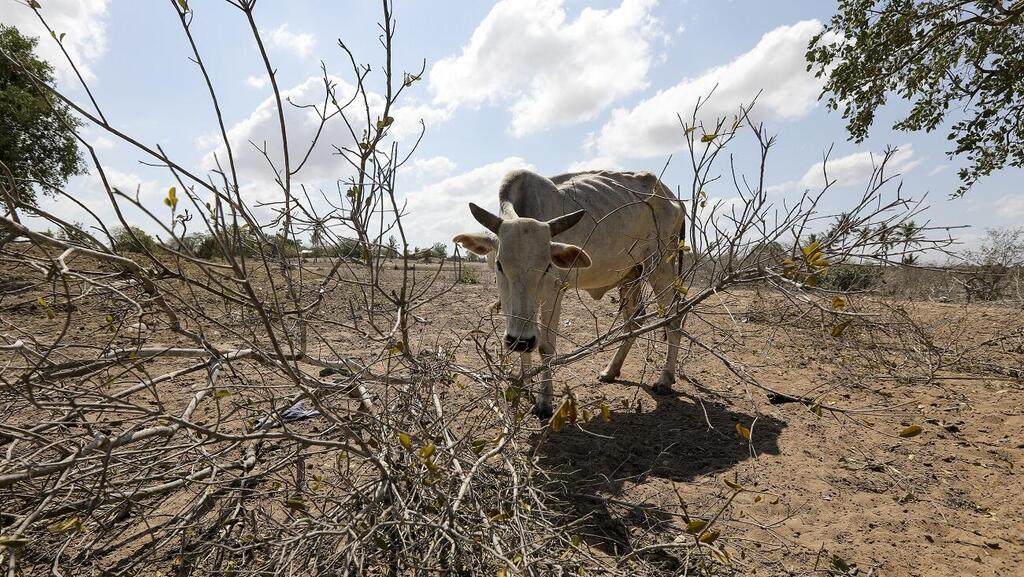DeserTech – an Israeli platform for climate technologies that focus on dry and desert climates – on Thursday launched a program in partnership with the Global Mechanism of the United Nations Convention to Combat Desertification and the 11 African nations leading the “Great Green Wall” initiative.
The African-led “Great Green Wall” project is aimed at rehabilitating almost 250 acres of degraded land across the Sahel region by the end of the decade, generating millions of jobs and capturing 250 million tons of carbon dioxide from the atmosphere.
DeserTech’s launch was hosted by the Senegal pavilion at the UN COP27 climate summit in Egypt before an audience that included environment ministers from Mali and Mauritania and a member of the Chadian parliament.
Sinai Gohar Barak, DeserTech’s ecosystem development manager, said the project has two goals – developing and implementing technologies that address global challenges, and turning Israel’s southern Negev region into a global hub for desert technologies.
The hot and dry Sahel, which stretches from the Sahara Desert to the north and Savannah to the south, is not only one of the poorest and most violent regions in the world, but also one of the most exposed to the devastating effects of climate change – including drought, food shortages, conflicts over natural resources, and mass migration.
Since the launch of the “Great Green Wall” project over a decade ago, almost 44.5 million acres of degraded lands have been restored and 350,000 jobs created.
DeserTech, based in the Negev city of Be’er Sheva, is a joint initiative of the Merage Foundation Israel, Israel Innovation Institute, the Environmental Protection Ministry, and Ben Gurion University of the Negev.



